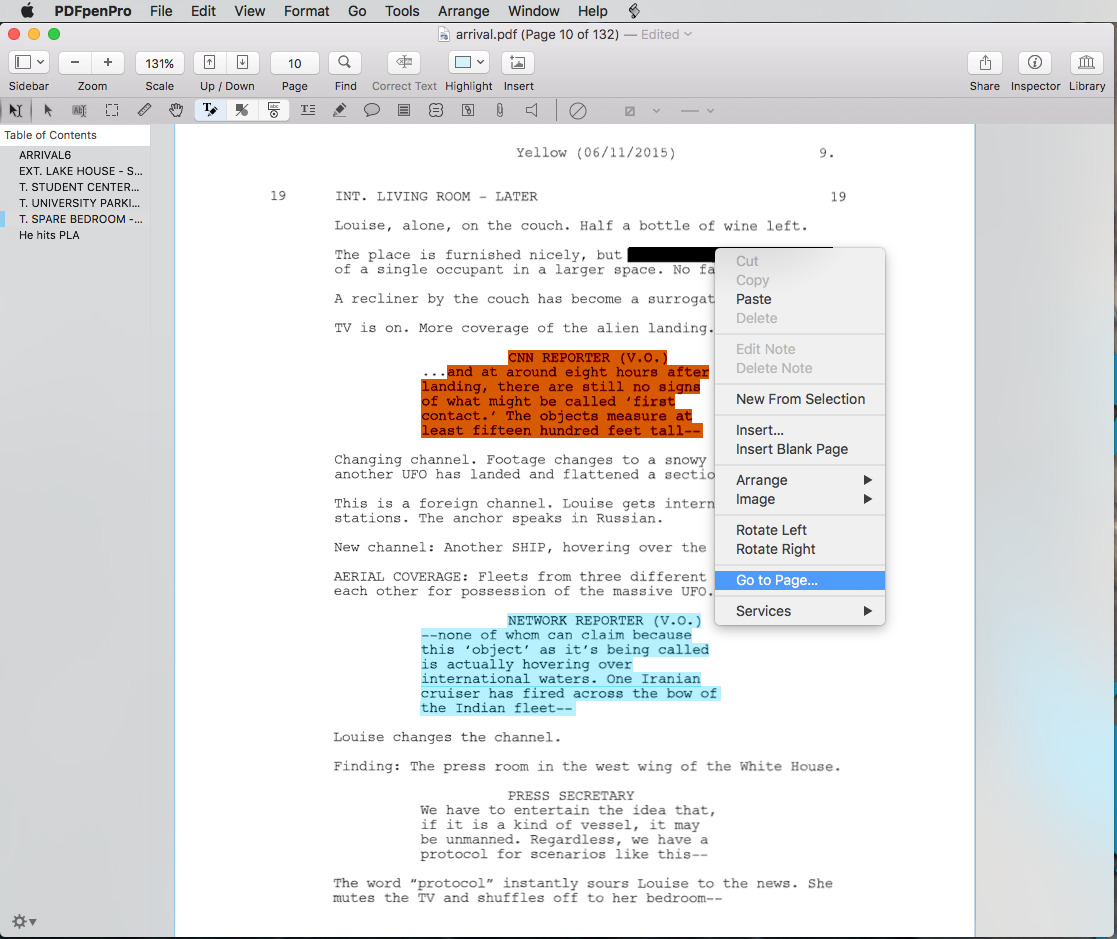

In our own legal system there is the practice of settlement out of court. Most legal systems have some provision for mediation in one form another as an ancillary to litigation proceedings.

25 Japanese practice resembled that of China, in that most disputes were settled by informal mediation by village headmen and other lo ca l notables, and for those cases which did reach the courts mediation was the usual procedure. Practices of earlier periods developed into the modern system of mediation which will be discussed in the next part of the article. However, as Henderson points out, long before this time mediation as a social process had grown strong roots in the rural community. From the seventeenth century mediation became compulsory for many issues, and it became the dominant mode of dispute settlement in civil cases. Other factors contributing to the popularity of mediation included the delays and expense of litigation. These ideas found expression in official pressure to settle disputes out of court. Val, whereas notions of individual interests were considered morally illegitimate. To return to Confucionists, law was backed by coercion, and was therefore a necessity to be deeply regretted. 16 'The aim of the judicial process is that when the parties have had their rightdoings and wrongdoings indicated to them, they will be reconciled and live together harmoniously in the future. 15 Similarly, African adjudication is concerned with reconciliation and the restoration of harmony within the disturbed community. (Here is a coincidence with the traditional Indian view, that there should be a conscious maintenance of a self-disciplined, harmonious society. 14 Emphasis was placed on duty, rather than on right. In complete contrast to this is the traditional Chinese idea of law: 'there was no concept of a conclusion which, being reached through fixed rules of procedure, was to be regarded as the best substitute for the absolute truth and justice of God… The notable lack of magical factors such as ordeal in the courts of imperial China, and lack of strict formalistic rules of procedure as well, can also be explained by the fact that the judge was not a servant of a mechanism aimed at objective truth beyond personal wisdom but was a representative of an almighty and merciful government which held the mandate of heaven to realise harmony in this world.' 13 This idea was conditioned by Confucian values, which emphasised not the rights of the individual, but the functioning of the social order, the maintenance of the group.

12 As a newer sort of ordeal (to quote Plucknett) 'the jury states a simple verdict of guilty or not guilty, and the court accepts it as unquestioningly as it used to accept the pronouncements of the hot iron or cold water'. 11 Gradually the jury system grew, with jurors as representatives of the community, the defendant putting himself 'upon the country for good or ill'.
PDFPEN CLEAR BACKGROUND TRIAL
10 Similarly, the ordeal of trial by battle was used. 9 The evolution of trial by ordeal to trial by jury was based on the 'background of ancient courts with their unprofessional judges, their formal, supernatural modes of proof' to elicit the judgment of God. 8 The marked right-consciousness of westerners leads to a distrust of human judgment, and a demand for abstract absolutes. With this goes a marked ethnocentricity linking formalised rationality with modernity, and compromise with pre-literate societies. Yet mediated settlement is almost unknown in the West.

Hahm points out that it is such 'factors as ethical integrity and virtuous example that are relevant in the decision making by means of which the whole community enforces its standards of propriety and decency by making its standards tangible through the compromises reached by the mediator and the disputants themselves.' 6Īs Hahm says: 'According to the modern Occidental myth it is highly desirable to settle litigation'. The parties make the agreement, the mediator makes it legally binding by his signature as witness. Integration rather than vindication is the result. The mediator is concerned with the common well-being and human dignity of the parties, not with rewarding one and punishing the other. It is private rather than public, persuasive rather than coercive, democratic rather than autocratic. In mediation, 5 a third party guides consensual disputeresolution by mutual compromise and cooperation rather than imposed decision. Thus mediated harmony and humane justice are beginning to be considered. Whither Goeth Law - Humanity or Barbarity?ĬOMMUNICATIONS AND INSTITUTIONS WHITHER GOETH LAW- HUMANITY OR BARBARITY?įortunately, very recently there has been a growing awareness of the need for humanity in Western Law.


 0 kommentar(er)
0 kommentar(er)
